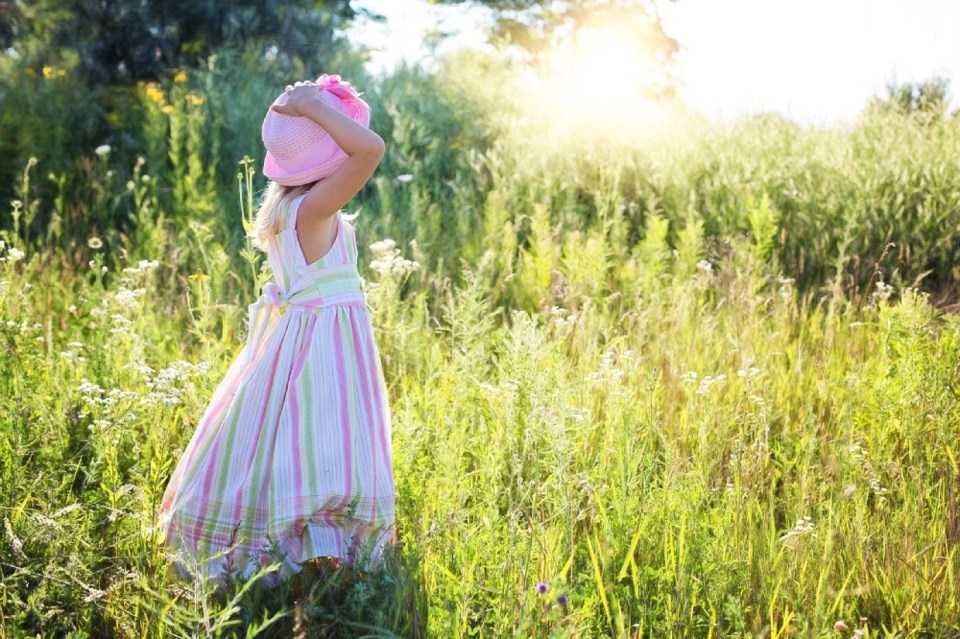With gratitude for the ongoing stewardship of the ancestors and descendants of the Lek’wungen and WSANEC peoples.
“In the beginning God created heaven and earth. The earth was formless and empty, darkness was over the deep, and the Spirit hovered over the waters. God said, “Let there be light,” and there was light. God saw that light was good. God said, “Let us create humankind in our image; give them stewardship of the fish of the sea, the birds of the air, the cattle, the wild creatures, and every creeping thing.” And God saw everything, and it was very good. (Genesis 1:1-5, 26, 31a)
Despite that hopeful beginning, Christianity struggled with our relationship to the earth. Stewardship was often translated “dominion,” meaning domination, not care. For Christians, stewardship of Creation’s resources must be justice centered, including care and rehabilitation of past practices and planning for the future. Stewardship recognizes who and what is and isn’t being cared for; who and what has and hasn’t been considered or consulted.
The Hebrew people reached the Promised Land after exile and slavery in Egypt and 40 years in the desert. There they observed laws caring for the land as God cared for them. Each seventh year was a Sabbath to rest the land. Every 49th year, a Jubilee returned land to former owners; enslaved persons were liberated. Today a Jubilee year could help us build right relationship with Indigenous neighbours and flood and fire-ravaged countrysides.
Jesus told many earth-based parables, likening his life and work (and ours) to a seed that falls to the earth and dies, producing a hundredfold. Yet after Jesus died, the idea of his return caused a disconnect between some Christians and the earth. If our world was in imminent danger of disappearing, there was little incentive to nurture it. Former US Secretary of the Interior, James Watts’ understanding of the Second Coming permitted him to weaken environmental standards and open Federal parks to massive increases in mining and logging.
Former Archbishop of Canterbury, Rowan Williams called our present ecological crisis “the biggest single practical threat to our human existence,” suggesting the crisis “has a great deal to do with our failure to think of the world existing in relation to the mystery of God…”
Recovering right relationship with the earth, Christians are rediscovering the interdependence of all things. Eco-theologian Sallie McFague called our Earth “the Body of God” and saw humanity as a vital part of it. Former Moderator of the United Church, Mardi Tindal said: “As people of faith, we are called to view the Earth as sacred. As “we live and move and have our being” in Christ, we also live, move, and have our being in God's gift of Earth.”
Mystics, like 12th Century’s St. Francis of Assisi always recognized Earth’s innate goodness:
“Praise be to You, My Lord, with all Your creatures,
Especially Brother Sun and Sister Moon, and the stars in the heavens,
Praise for our sister, Mother Earth, who sustains and governs us…”
A contemporary of Francis, Abbess Hildegard of Bingen wrote presciently, “We shall awaken from our dullness and rise vigorously toward justice. If we fall in love with Creation deeper and deeper, we will respond to its endangerment with passion.”
Wendell Berry believes “care of the Earth is our most ancient, most worthy, and most pleasing responsibility. To cherish what remains of it and to foster its renewal is our only hope.” As Christians enter the 50-day Season of Easter, Hope calls us to join in that most ancient, blessed, and worthy responsibility: care for our precious, sacred, endangered Earth.
Julianne Kasmer is a minister in the United Church of Canada and retired chaplain at Our Place Society.
You can read more articles on our interfaith blog, Spiritually Speaking at /blogs/spiritually-speaking
* This article was published in the print edition of the Times 91原创 on Saturday, April 6th 2024



